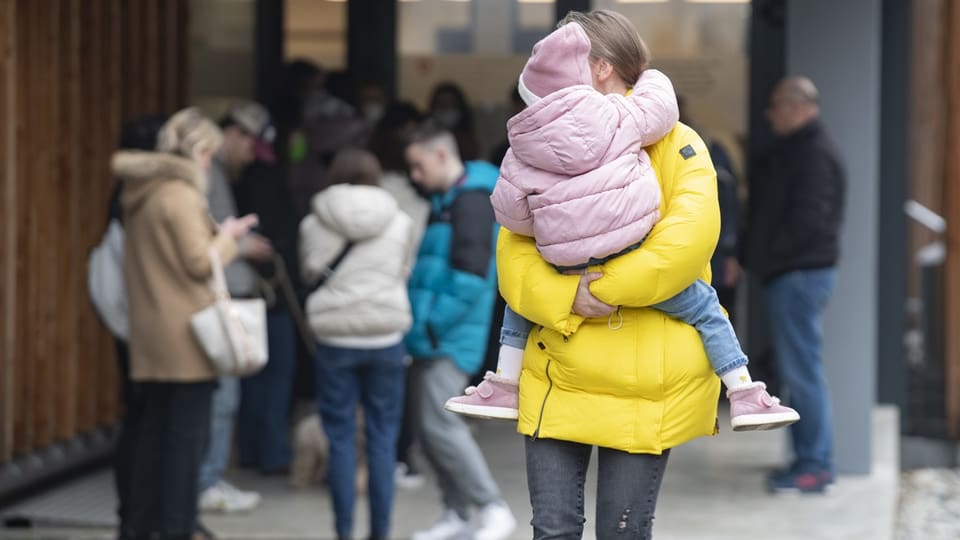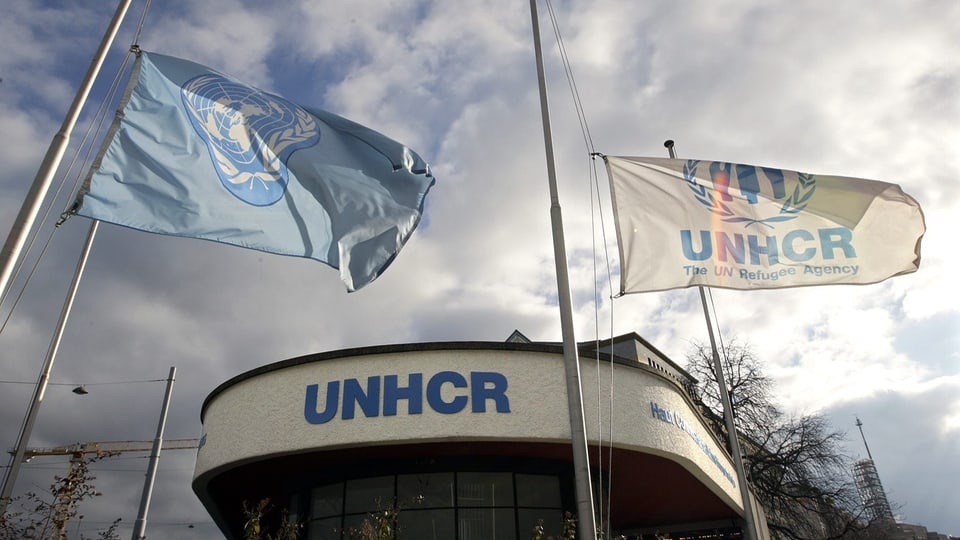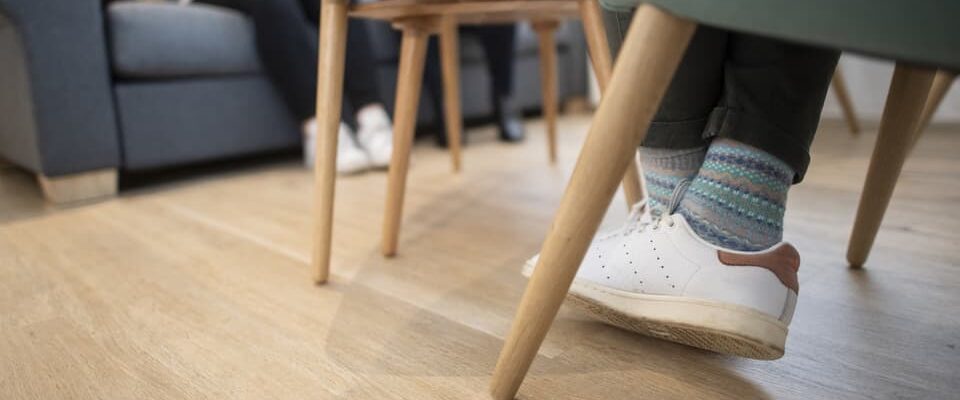Contents
Many refugees suffer from psychological problems. Because contact points are overloaded, laypeople are also offering help.
Torture, war or a traumatic escape. People who have fled to Switzerland have often experienced bad things that restrict their everyday life. You can no longer sleep well, have difficulty concentrating or even suffer from depression or anxiety disorders. According to a Swiss study, almost every second refugee suffers from a mental illness.
They are dependent on psychological support. But there is a lack of places at the contact points. At the outpatient clinic for victims of torture and war at Zurich University Hospital, the waiting time for an initial consultation is currently between 9 and 12 months. “It takes too long,” says Naser Morina, co-head of the outpatient clinic.
Legend:
Between 40 and 50 percent of refugees suffer from at least one mental illness. Many of them need psychological help. But the contact points are overloaded.
Keystone/Ennio Leanza
In order to be able to offer support more quickly, he and his team have developed a new approach. The refugees are not treated by trained psychiatrists or psychologists, but by lay people. “These laypeople are trained in such a way that they can teach those affected strategies in a very simple way,” explains Morina. For example, breathing exercises would be carried out with those affected.
Bridging offer
The outpatient clinic for victims of torture and war has already trained 100 people. One of them is Bahare Iravani. She was born in Iran and has lived in Switzerland for 20 years. Iravani works as a ward manager in nursing at a hospital. And has been looking after refugees for a year.
I show them what they can do to make their emotional wounds heal faster or hurt a little less.
She sees herself as a bridge until people get professional help. “I show them what they can do to make their emotional wounds heal faster or hurt a little less,” explains Bahare Irvani. She underwent eight days of training and received documents for her task.

Legend:
Because around half of the refugees from Ukraine are children and young people, the program was expanded to include those under 18.
Keystone/Ti Press/Pablo Gianinazzi
Therapy with a psychiatrist cannot replace this program, emphasizes Naser Morina, the head of the outpatient clinic. But these interventions certainly had an impact. “The stress of those affected decreases. “They can also integrate better in Switzerland,” says Morina.
Great interest from the UN refugee aid
There are similar programs in various other countries – Turkey, Lebanon, Holland and Sweden. But nowhere are these interventions used as widely as in Switzerland, explains Naser Morina. «Normally the program is carried out in a single language. We offer it in eleven different languages.”

Legend:
The UN refugee agency UNHCR in Geneva sees great potential in the Swiss program.
Keystone/Martial Trezzini
The project also arouses the interest of the UN refugee aid agency. The UNHCR representative Peter Ventevogel has high hopes for such approaches in which laypeople are trained. “Equipping laypeople with simple psychological techniques that they can pass on to others is a very effective method.”
The UNHCR and the World Health Organization are therefore monitoring the Zurich project. To draw lessons for other programs in which laypeople provide initial psychological counseling.
